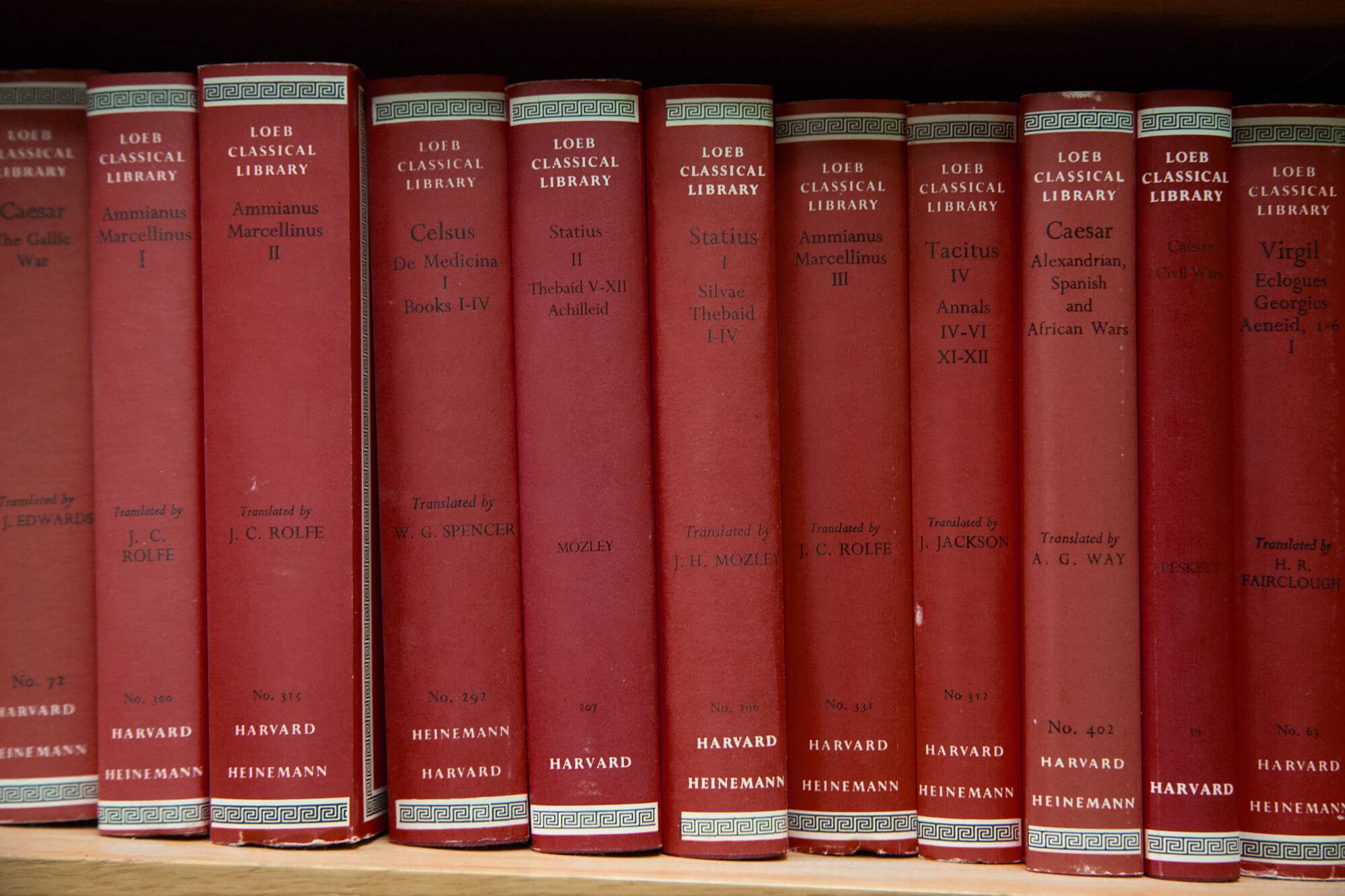LBJ Institute Faculty Research Fellows
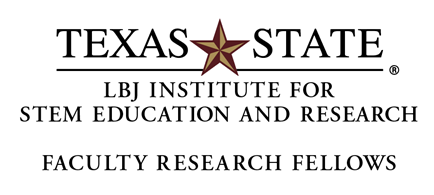
Application Period: January 18, 2021 – April 16, 2021
The LBJ Institute for STEM Education and Research announces a call for faculty applicants for the 2021-2023 Faculty Research Fellows program (LBJ Institute Faculty Research Fellows).
The LBJ Faculty Research Fellows program began in 2015 as a collaboration between the LBJ Institute and the College of Science and Engineering. The Mission of the LBJ Institute is to transform Science, Technology, Engineering and Mathematics (STEM) education in order to increase the participation and success of diverse communities of educator and students through:
- Fostering collaborative communities
- Conducting rigorous research
- Providing evidence based professional development
- Improving STEM teaching and learning
To support this mission, the goals of the Faculty Research Fellows are to support faculty in the discovery and/or implementation of effective STEM education practices by providing community building support and professional development, which enable the faculty member to complete substantial work that will (a) contribute to their professional growth, (b) support development of a professional learning community of STEM across the university and (c) support COSE students.
You can be part of the next successful cohort!
This program will support and guide highly talented faculty in STEM and STEM education who are interested in:
- sharing opportunities to progress on scholarly writing
- learning to write strong grant proposals to secure your own external research funding
- developing higher ed project management skills
- leading a STEM education research project
- training in the use of STEM education theories and research best practices
Selected Fellows will:
- participate in in three meetings per year (one in each long semester and one in the summer) where they have the opportunity to make formal presentations to peers on ongoing research
- form teams to either seek external funding opportunities or to implement instructional changes in STEM classrooms
- actively engage with visiting researchers and speakers on relevant, current research topics
- present at an annual scholar seminar or internal conference for COSE
- receive a $2,000 summer stipend upon completion of responsibilities over the 2-year appointment ($1,000/yr).
All program components are designed to create an environment that fosters success for faculty through professional development and maximization of resources at Texas State University.
Application: LBJ Institute Faculty Research Fellows APPLY HERE
Application Period: January 18, 2021 – April 16, 2021. Selected Fellows serve from Sept. 1, 2021-Aug. 31, 2023
Eligibility:
- Must be research, clinical, tenured or tenure track faculty. Applicants must be involved in STEM education best practices adoption or STEM education research.
- Preference will be given to applicants who have not previously held a LBJ Faculty Fellows position
- All applicants must document eligibility and support from College leadership or LBJ Institute leadership
Required activities & Compensation:
- Fellowships are for two full years, and require the fellow to be in residence during the long sessions
- Fellows will be expected to participate in quarterly meetings that will focus on professional development and externally funded research opportunities
- Fellows must complete a stated project involving either completion and submission of a journal article, implementation of a teaching strategy/research study, or complete application for a major external grant.
- Fellows must present at an annual scholar seminar or internal conference for COSE / The LBJ Institute for STEM Education & Research
Compensation:- LBJ Faculty Research Fellows will receive a $1,000 summer stipend for participation in the program each year, upon completion of required activities.
Application process:
- Applications will be available from January 18, 2021 – April 16, 2021, with full selection of faculty fellows announced by May 1, 2021.
- An online application will be available and will require:
- Contact and biographical information about applicant
- A curriculum vita of no more than 6 pages
- Statement of professional development goals for the next two years including a concise explanation of the ways in which you would benefit from and contribute to the LBJ Faculty Research Fellows activities (1-page limit)
- Statement of research goals for the next two years including a brief description/abstract of a potential research project (1-page limit)
- Letter of support from chair/director (1-page limit)
Application evaluation and criteria:
- 5-7 new LBJ Faculty Fellows will be chosen by a selection committee comprised of faculty from the LBJ Institute for STEM Education and Research and COSE.
- Applications will be evaluated based on the following factors:
- Clarity of professional development and research goals
- The applicants perceived ability to engage in and contribute to LBJ Faculty Fellows activities
- The potential research project’s relevance to promoting and advancing STEM or STEM education
The first meeting of the newly selected LBJ Faculty Research Fellows will be on October 1, 2021.
Tentative 2022 meetings: February 4, May 20, and October 7.
This is a joint program of the LBJ Institute for STEM Education & Research the College of Science and Engineering. For more information please contact: Dr. Kimberly G. Talley, P.E.: talley@txstate.edu
Cohort 2 of the LBJ Institute Faculty Fellows:
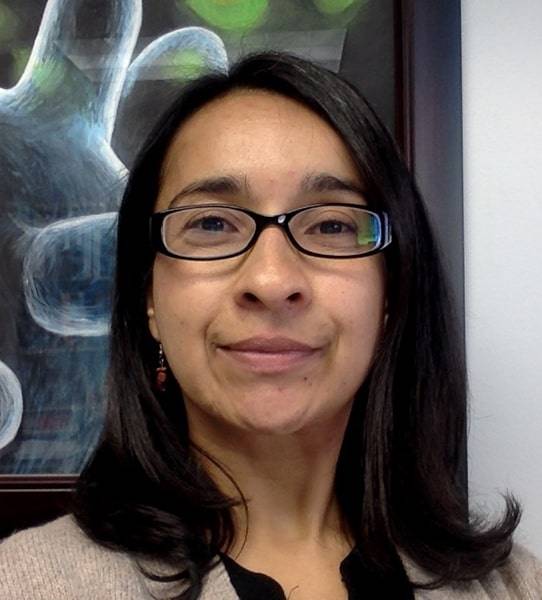
Dr. Betancourt obtained her B.S. degree in chemical engineering from Texas A&M University in 2002, and her M.S. and Ph.D. degrees in biomedical engineering from The University of Texas at Austin in 2005 and 2008, respectively. Dr. Betancourt is an Associate Professor in the Department of Chemistry and Biochemistry and a faculty member of the Materials Science, Engineering, and Commercialization Program at Texas State University. Dr. Betancourt leads the research of the Biomaterials and Nanomedicine Laboratory, which focuses on the development of functional polymeric nanostructures for the detection, monitoring, and treatment of cancer and other diseases. Dr. Betancourt’s research interests also expand to the investigation of strategies to increase the participation and success of underrepresented students in STEM. Prior to joining Texas State University in 2011, Dr. Betancourt worked at InnoSense LLC, a technology company serving the aerospace, energy, defense, and health care market. During her three-year tenure at InnoSense, Dr. Betancourt held the positions of Research Scientist, Team Leader, and Deputy Director-R&D. At InnoSense, Dr. Betancourt was responsible for developing novel technologies in the areas of biosensors, biomaterials, therapeutics, contrast agent, drug delivery, and specialty materials. She secured over $1 million for support of R&D of biomedical and specialty material technologies from federal agencies. Dr. Betancourt’s work has been documented in twenty-two peer-reviewed publications, two review articles, two book chapters, and numerous professional presentations.
https://www.txstate.edu/chemistry/About-the-Department/Faculty-Profiles/betancourt.html
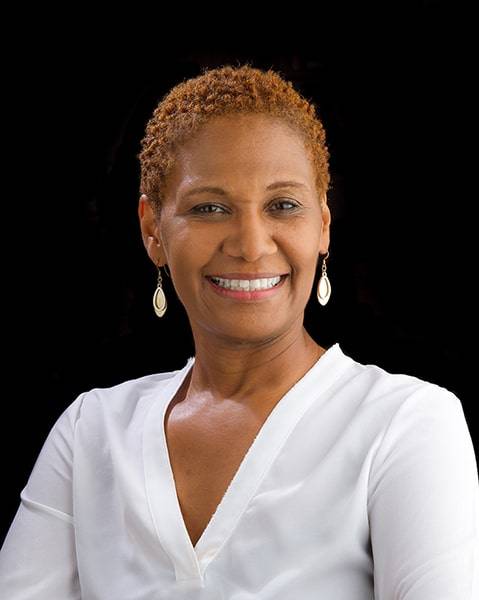
Dr. Kristina Henry Collins is the core faculty for Talent Development in Curriculum & Instruction at Texas State University, San Marcos. She completed her Ph.D. and Ed.S. in educational psychology at The University of Georgia Athens, specializing in gifted & creative education (GCE) and educational leadership. She holds a B.S. degree in engineering (The University of Alabama), a M.S.Ed. degree in mathematics (Jacksonville State University), and a military diploma in cryptology & electronic surveillance (USN). Dr. Collins has over 20 years of teaching and leadership experience in various STEM settings including K12, military, community-based and post-secondary education. She is the President-elect (2018-19) of Supporting Emotional Needs of the Gifted (SENG) and At-large Board Member for National Association for Gifted Children (NACG). Dr. Collins research interests include STEM identity development in underrepresented students; social, emotional, and cultural (SEC) contexts of talent development; and mentoring across the lifespan. Dr. Collins teaches courses at Texas State related to multicultural gifted education and talent development. She serves as a peer mentor for LBJ Institute Women Faculty of Color and faculty-mentor facilitator & trainer for Texas State's HSI STEM Impact program. She also directs the Mentoring Matters Interdisciplinary Vertical Mentoring program designed to develop and sustain research experiences for underrepresented faculty, graduate students, and undergraduate students within the STEM pipeline. The program is integrated into CI 5383: Mentoring Across the Lifespan, a designated service-learning and multicultural content/perspective graduate course at Texas State University. Learn more at http://mentoringmatters.wp.txstate.edu.
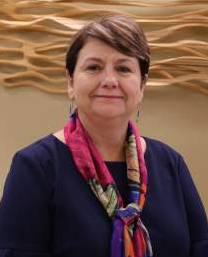
Dr. Diana Martinez Dolan earned an Associate’s degree in Nursing Science from Del Mar College in Corpus Christi, Texas. She completed a Master’s of Science in Nursing Leadership (MSN) from Texas A&M University - Corpus Christi in 2007. In 2008, she completed a post Master’s certification in Healthcare Administration also through Texas A&M University – Corpus Christi. Dr. Martinez Dolan continued her education by completing a Doctorate in Philosophy (Ph.D.) with an emphasis in nursing science and education from Texas Woman’s University at the Houston Medical Center. Her dissertation was a study of barriers and facilitators of Hispanic BSN students. Currently, she is researching nursing faculty retention and flourishment. Dr. Martinez Dolan has expanded her research to include retention and flourishment of underrepresented academic faculty. This includes underrepresented STEM faculty and gender disparities research.
Dr. Martinez Dolan has worked and taught in diverse areas of nursing throughout her career. Her experience includes pediatric ICU nurse, geriatric psychiatric nursing, post anesthesia care unit, surgical preadmission, preadmitting coordinator, patient intake coordinator, systems nurse researcher for a six-hospital system, and other management positions before nursing academia.
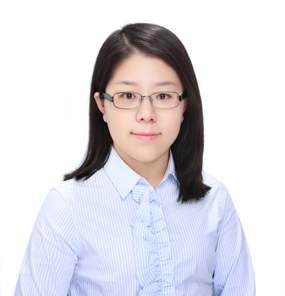
Dr. Zhijie (Sasha) Dong received her B.S. degree in Architectural Engineering at Nanjing University in 2011, M.S. degree in Civil Engineering at Columbia University in 2012, and Ph.D. degree in Transportation Systems Engineering at Cornell University in 2015. Before joining Texas State University as an Assistant Professor of Industrial Engineering, she interned at CSX Transportation as an Operations Research Intern, and worked for FedEx Freight as a Senior Operations Research Analyst.
Dr. Dong’s primary research interest is the development of mathematical models and solution methods for use in the management of complex systems. She has particular interest in systems that can be represented mathematically as networks, including transportation and logistics systems, civil infrastructure networks and project networks. She loves to solve real-world problems, and she has close collaboration with industry companies including General Motors, CSX Transportation and C.H. Robinson.
Dr. Dong is leading the UTIL (Urban, Transportation, Informatics and Logistics) lab at Texas State University, by using various methods and techniques in operations research and optimization for improving utilities of logistics networks. Currently, the major research focus of the UTIL lab is supply chain and logistics, and disaster operations management. All collaborations in the related fields are welcome. Learn more at https://dong.wp.txstate.edu
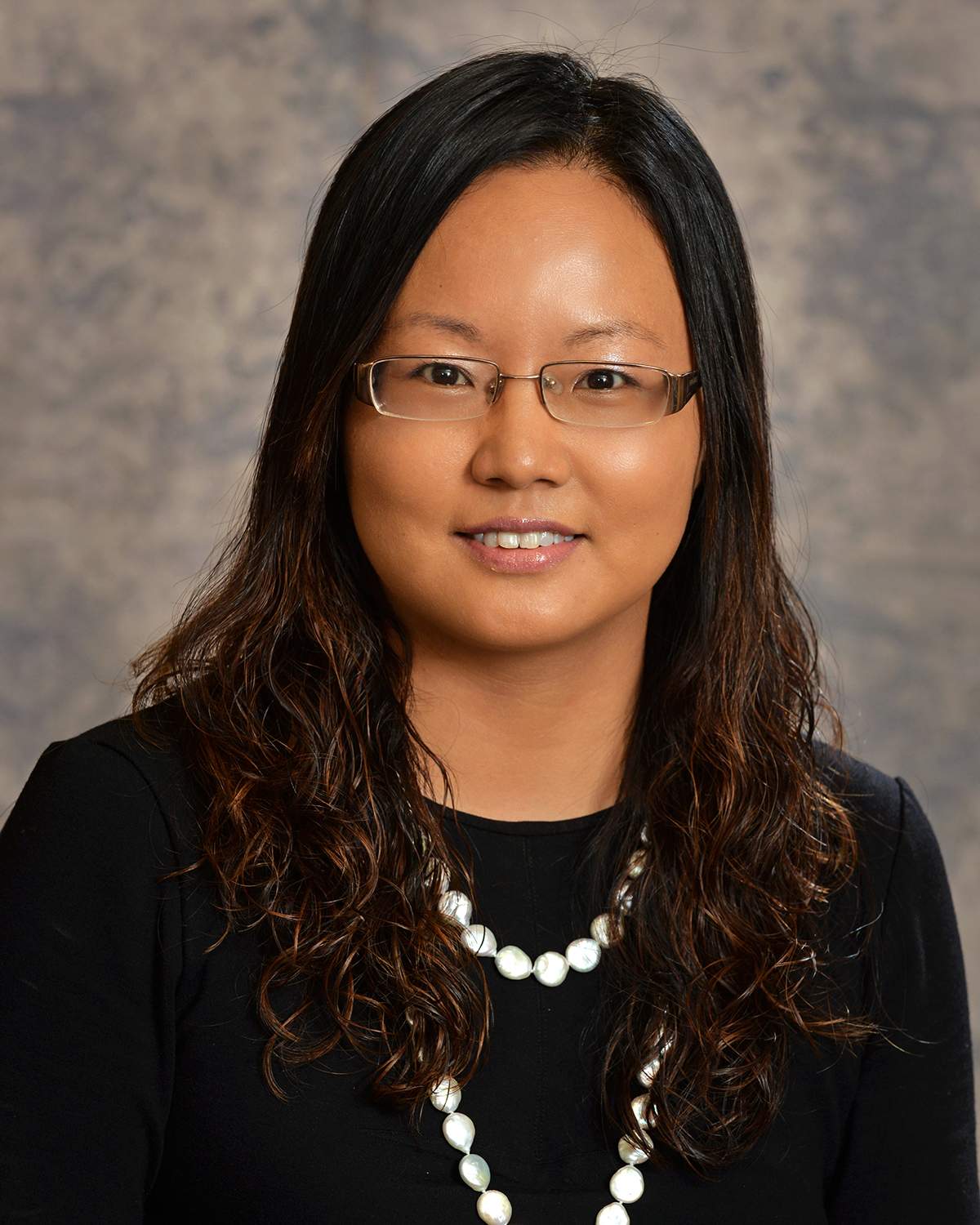
Dr. Feng, Ed.S., Ph.D. is an Associate Professor in the Department of Finance and Economics at Texas State University. Her research interests include education policy, economics of education, and labor economics. She is also an affiliated researcher with the National Center for Analysis of Longitudinal Data in Education Research (CALDER). She served as a Visiting Scholar in the Center for Education Policy Analysis at Stanford University and a Nonresident Fellow in the Brown Center on Education Policy Program at the Brookings Institution in 2016-2017.
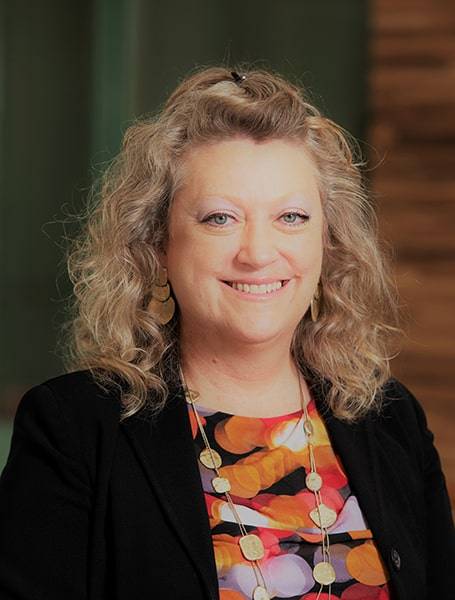
Dr. Londa is currently an Associate Professor of Practice and the Cooperative Education Coordinator for the Ingram School of Engineering at Texas State University. Using her 15 years of professional experience in the engineering industry, she supports students in gaining experiential education and full-time employment with NASA, NXP, Dell, Intel, Samsung, Tokyo Electron, Toyota, Caterpillar, Continental Automotive, Austin Energy, UPS, etc. She has taught classes spanning engineering and chemistry at the undergraduate level, and she has published eight papers with student authors in the past five years. She is also the Society of Women Engineers (SWE) student chapter counselor and is helping to implement a new SWE Sisters mentorship program.
Dr. Londa is a member of the 2018-2020 LBJ Institute Faculty Research Fellows Program. This multidisciplinary project between the LBJ Institute and the College of Science and Engineering supports the development of a professional learning community of STEM across the university. She is one of the leaders of the PEACE Program, which is developing Pre-Engineering Academic and Career Exploration opportunities for under represented groups in 8th through 12th grade. The first implementation of this program will by in July 2019 for the PEACE GEMS (Girls in Engineering Math and Science) summer camp at Texas State University, where young women rising from the 8th to the 9th grade will learn about the 14 grand engineering challenges for the 21st century and how they can help solve these problems.
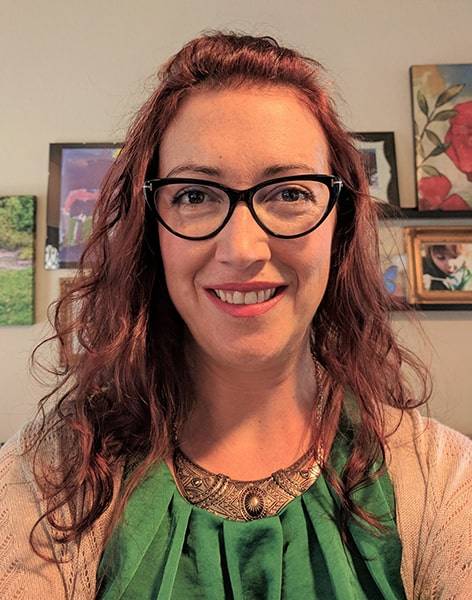
[ 1 year project completed 2019 ] Dr. Smith is an Associate Professor of Educational Technology in the Department of Curriculum and Instruction at Texas State University. She has K-12 classroom experience teaching high school visual arts (Art I, Drawing II) and technology applications (Digital Graphics & Animation, Webmastering), as well as a post-secondary experience teaching graphic design (Vector-Based Design Software, Digital Image Editing Software, Web Development) and supervising pre-service teachers. Her research interests focus on technology integration strategies within K–12 and post-secondary learning environments. She is particularly interested in exploring how the hands-on use of design-based technologies (e.g., “making” and “makerspaces”, digital fabrication, 3D modeling and printing, computer programming, and robotics) can impact multidisciplinary learning that transcends traditional content contexts. Through her mobile makerspace initiative, The MAKE Lab, she is currently researching how recurring experiences with these design-based technologies impact visual spatial skills, self-efficacy, and positive attitudes toward failure (e.g., persistence in the face of obstacles; reconceptualization of failure as a paradigm for creative learning) with teachers and K–12 students. These concepts are also part of her research as Co-Director of Bobcat Made, which is the collaborative university makerspace located in ASBN 214.
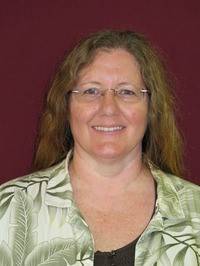
Dr. Spencer is an Assistant Professor of Practice in the Department of Engineering Technology at Texas State University. With 23 years of industrial experience in both architecture and construction, she specializes in construction documents, technology in construction, and is the internship coordinator. In 2017, she obtained her Ph.D. in Education from Texas State University. A registered Architect in the State of Texas, she received a Master of Architecture from Texas A&M University in 2007 where she participated in a study abroad semester at the Universita della Svizzera italiana, Accademia di Architettura in Mendrisio, Switzerland.
Dr. Spencer’s research interests include:
- Professional & International Education: architecture and construction
- Experiential Education: study abroad, internships
- Building information modeling (BIM)
- Technology in architecture and construction
- Education in online and virtual environments
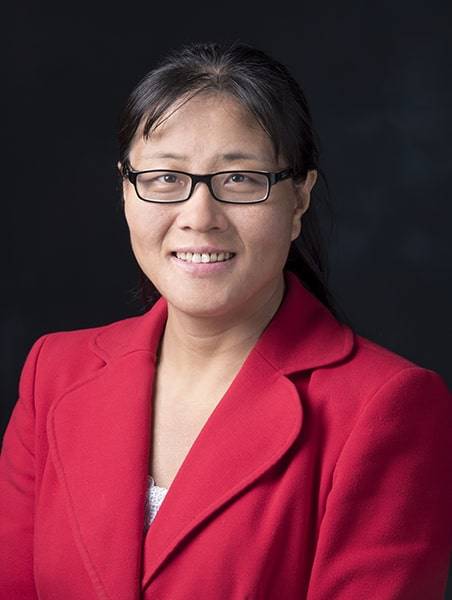
[1 year project completed 2019] Dr. Shuying Sun received her Ph.D. in statistics from the University of Toronto in Canada and is currently an associate professor in the Department of Mathematics, Texas State University. Dr. Sun has interests in statistical genetics and bioinformatics. She has published more than 20 peer-reviewed research articles in high-impact journals including Statistical Applications in Genetics and Molecular Biology, Cancer Research, and BMC Bioinformatics. Dr. Sun's research focuses on addressing challenging genetic and epigenetic questions using statistical and computational methods. In particular, she has also been developing statistical methodologies and software packages for genomic problems using Bayesian methods, hidden Markov models, Markov Chain Monte Carlo algorithms, and linear models. Dr. Sun has collaborated with biomedical researchers from different research groups in Canada and the United States on projects related to complex diseases (e.g., cancer and arthritis). In addition to her research work in statistical genetics and bioinformatics, Dr. Sun has been working on a statistical education project with her colleagues in the math department since she became one of the LBJ Institute Faculty Research Fellows. She has actively participated in all the fellowship meetings, which is a good learning experience that has a great impact on her career development.
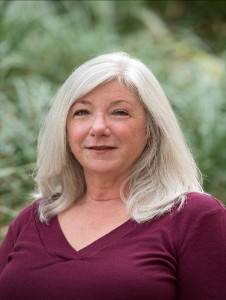
Cathy Newman Thomas received her Ph.D. in Special Education with a focus on Learning Disabilities and Behavior Disorders from The University of Texas in 2008. From 2009 to 2005, she was an Assistant Professor at the University of Missouri, Columbia. From 2015-2017, she was an Associate Professor at Mizzou. In Fall of 2017, she became an Assistant Professor at Texas State University. She is a licensed general education and special education teacher in California and New Jersey with 8 years of classroom experience. She is a licensed Learning Disabilities/Teacher Consultant in New Jersey. Her teaching interests include Assessment, Inclusive Education, Technology, and Developing Teacher Knowledge and Skills. Dr. Thomas' research interests include technology in teacher education and to provide access to the general curriculum for diverse adolescent learners. Her current NSF grant elementary computer science coding comprehension is focused on her assessment expertise and interests in evidence-based interventions in reading comprehension.
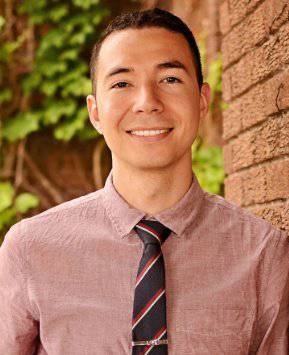
Dr. Torres, a native of New Mexico, joined the Department of Engineering Technology (Concrete Industry Management program) in August 2013. Prior to joining Texas State University, Dr. Torres worked as a Materials Engineer for the Air Force Research Laboratory, a Structural Engineer for a large consulting firm, and a Research Assistant at the University of New Mexico. Dr. Torres' research interests is in sustainable concrete materials and education research. His education research focuses on implementing and assessing active teaching strategies through Project Based Learning and Peer Teaching. Dr. Torres is passionate about teaching and mentoring students.
Cohort 1 of the LBJ Institute Faculty Fellows:
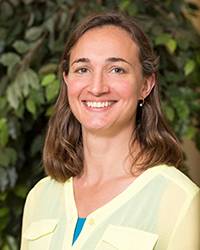
Dr. Eleanor Close is an Associate Professor of Physics at Texas State University and a physics education researcher. She directs the TXST Physics Learning Assistant Program, co-organizes regional and national workshops through the National Learning Assistant Alliance, and is currently PI of an NSF Phase I Noyce Scholarship project. Her research interests include physics teacher preparation and professional development, physics teacher identity, situated learning and identity development through communities of practice, and embodied cognition. Current research topics include: (1) the impact of the Learning Assistant (LA) experience on undergraduate STEM majors’ development of physics identity; (2) collaborative weekly LA preparation sessions as a space supporting LAs’ social negotiation and reconciliation of membership in, and practices of, multiple communities; and (3) identity performances of women of color and LGBQ+ women in physics communities and contexts. She has been PI or Co-PI on seven NSF projects, including PI on the RADIANS (Responsive, Attentive, Dialogic, and InterActive Noyce Scholars) NSF Noyce teacher scholarship project (NSF #1557405, 2016-2021) and Co-PI on Texas State STEM Rising Stars (NSF # 1431578, 2015-2019). She is also a Co-Investigator on the NASA STEM Educator Professional Development Collaborative, a $15M, five-year project through the Texas State University LBJ Institute for STEM Education and Research. She received her Physics M.S. from the University of Washington in 2003 and her Ed.D. in Curriculum & Instruction from Seattle Pacific University in 2009.
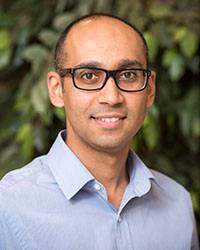
Mina Guirguis is a Professor of Computer Science at Texas State University, which he joined in 2006. He directs the Intelligent Security Group. His research is broadly driven by the interplay of security, networks and stochastic control with research contributions in the areas of Cyber-Physical Systems (CPS), Networks and Computing Systems, and Mobile Cloud Computing. His research work has been published in over fifty refereed papers, posters and journals, and one book chapter. Guirguis' research and educational activities are funded with over $3.3M in grants from the NSF, DoD, AFOSR, DHS, IEEE, Cisco and Texas State. Guirguis received the NSF CAREER award in 2012. Guirguis has been a visiting faculty researcher at the Air Force Research Laboratory (AFRL) in the summers of 2012 and 2013. During the academic year 2014/2015 he joined the Mobile and Pervasive Computing Group in the ECE Dept. at UT Austin. Guirguis has been a visiting scholar at the DHS Center for Risk and Economic Analysis of Terrorism Events (CREATE) in summer 2016. Guirguis has a wide range of industrial experience at various companies including Fortress Technologies and Microsoft. He has served on various Technical Program Committees for many conferences, on NSF panels and on the Editorial Board for the International Journal on Advances in Networks and Services. Guirguis is serving as an Academic Alliance Member for NCWIT and as a Senior Research Fellow in the LBJ Institute for STEM Education and Research. Guirguis earned his Ph.D. in Computer Science at Boston University in 2007.
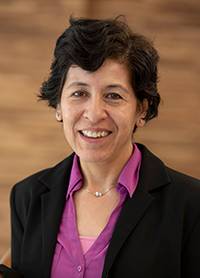
Dr. Clara Novoa is an Associate Professor at the Ingram School of Engineering, Industrial Engineering Program, at Texas State University. She directs the Systems Optimization Learning and Renewable Energy (SOLAR) lab. Her research interests include: (a) mathematical modeling of operations research (OR) problems arising in the contexts of renewable energy planning, supply chain, cybersecurity of cyber physical systems, manufacturing and healthcare and (b) application of parallel computing to accelerate OR algorithms. Dr. Novoa has published over 30 papers in journals and conference proceedings. She has been PI and Co-PI on several NSF funded projects including ME-Green: Manufacturing for Environment by Generating Renewable Energy in Enterprise Networks (NSF# 1704933, CBET, 2017-2020) and STEM Rising Stars (NSF#1431578, DUE, 2015 – 2019), a project to improve retention of undergraduate students, specially those from underrepresented groups, in STEM.
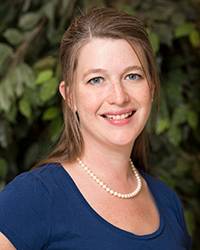
Dr. Talley is an assistant professor in the Department of Engineering Technology, Bobcat Made Makerspace Co-Director for the LBJ Institute for STEM Education and Research at Texas State University, and a licensed Professional Engineer (Structural). She received her Ph.D. and M.S.E. from the University of Texas at Austin in Structural Engineering. Her undergraduate degrees in History and in Construction Engineering and Management are from North Carolina State University. Dr. Talley teaches courses in the Construction Science and Management and Civil Engineering Technology Programs where she is an action researcher by actively implementing interventions and working directly with student participants. Dr. Talley is an engineering education researcher focused on student engagement and retention.
This is a joint program of the COSE, the Ingram School of Engineering, and the LBJ Institute for STEM Education & Research. For more information please contact Dr. Araceli M. Ortiz: araceli@txstate.edu


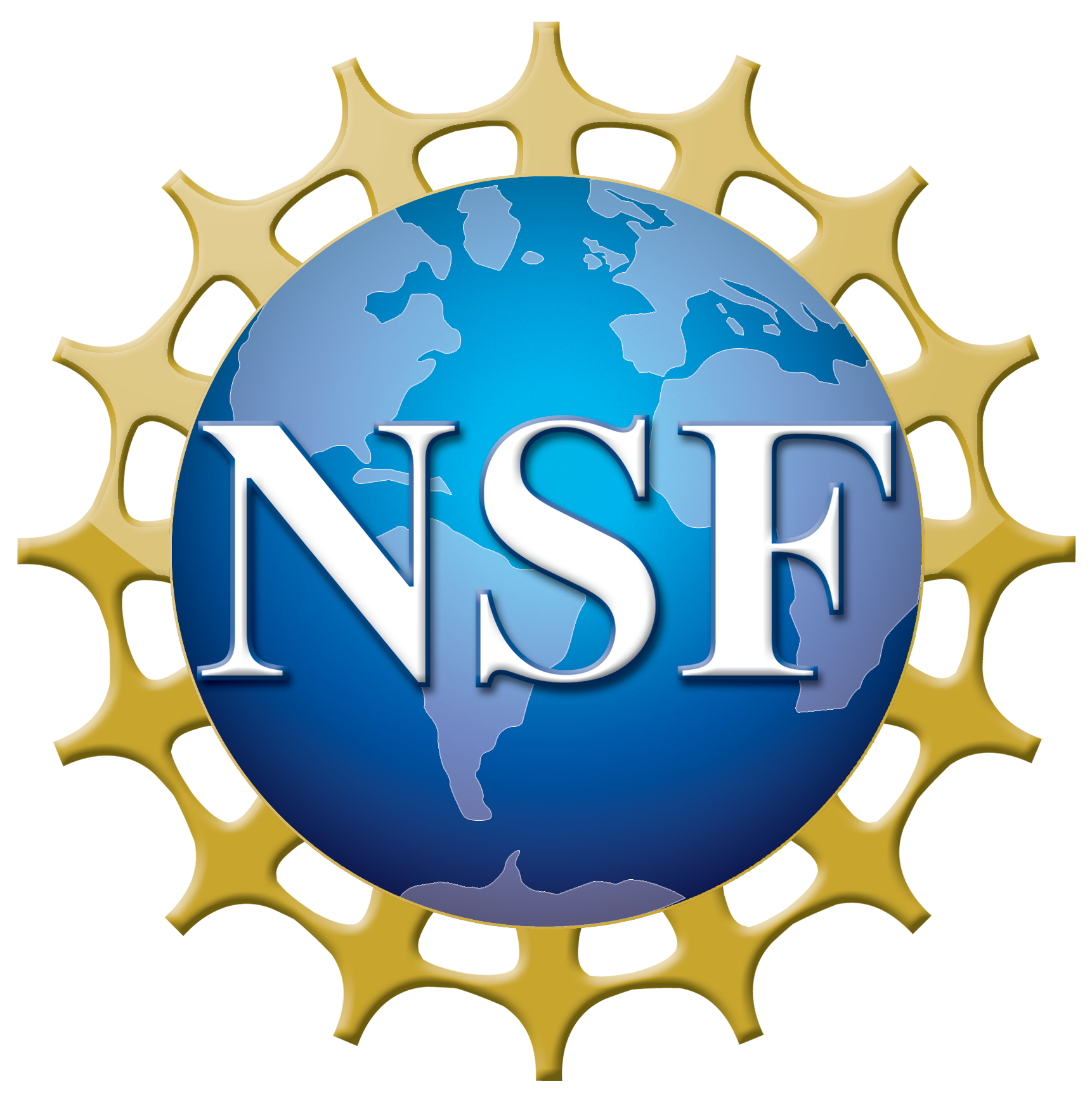
“This material is based upon work supported by National Science Foundation under grant or cooperative agreement award number 1431578.”
